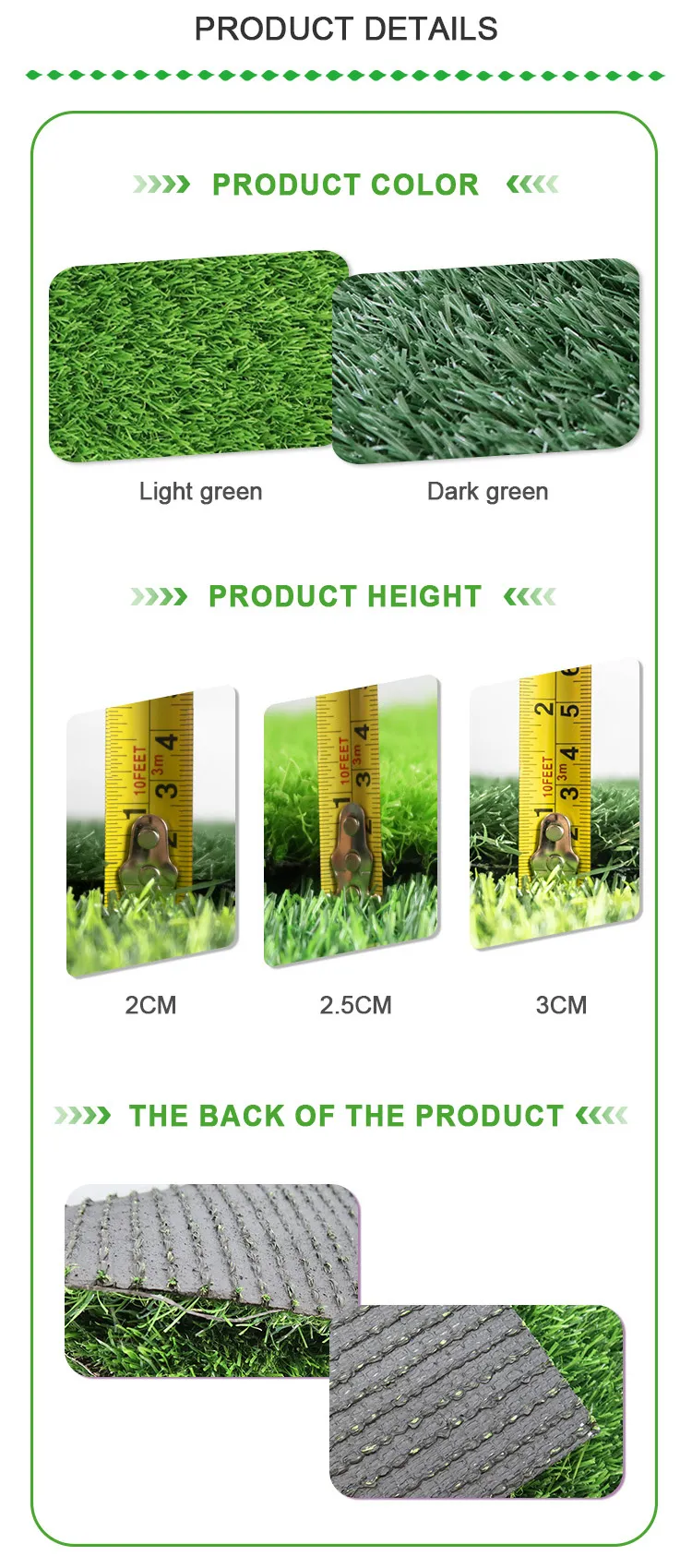
- Afrikaans
- Arabic
- Belarusian
- Bengali
- Czech
- Danish
- Dutch
- English
- Esperanto
- Estonian
- Finnish
- French
- German
- Greek
- Hindi
- Hungarian
- Icelandic
- Indonesian
- irish
- Italian
- Japanese
- kazakh
- Rwandese
- Korean
- Kyrgyz
- Lao
- Latin
- Latvian
- Malay
- Mongolian
- Myanmar
- Norwegian
- Persian
- Polish
- Portuguese
- Romanian
- Russian
- Serbian
- Spanish
- Swedish
- Tagalog
- Tajik
- Thai
- Turkish
- Turkmen
- Ukrainian
- Urdu
- Uighur
- Uzbek
- Vietnamese
Is Artificial Grass Safe for Rabbits in Their Play Areas?
Nov . 10, 2024 19:54 Back to list
Is Artificial Grass Safe for Rabbits?
As pet owners constantly seek ways to enhance their pets' environments, artificial grass has emerged as a popular alternative to natural grass. However, when it comes to our fluffy friends like rabbits, the safety and suitability of artificial grass is a crucial concern. This article explores the implications of using artificial grass for rabbits, its potential benefits, and precautions pet owners should take.
Understanding Artificial Grass
Artificial grass, also known as synthetic turf, is made from a variety of materials designed to mimic the appearance and feel of natural grass. It is commonly used in residential lawns, playgrounds, and sports fields due to its durability and low maintenance requirements. The primary materials used in its production include polyethylene, nylon, and polypropylene, each varying in texture and resilience.
Safety Considerations for Rabbits
When considering whether artificial grass is safe for rabbits, there are several factors to keep in mind
1. Chemicals and Toxins One of the most significant concerns with artificial grass is the potential presence of harmful chemicals. Some synthetic turfs are treated with pesticides, herbicides, or other chemicals that can be toxic to rabbits if ingested or if they come into contact with their skin. It is essential to choose non-toxic options that are specifically marketed as pet-friendly.
2. Material Composition The materials used to create the artificial grass can significantly affect its safety. Look for products that are made of non-toxic, BPA-free synthetic fibers. Avoid options that contain lead or heavy metals, which can pose serious health risks to pets.
3. Heat Retention Artificial grass can retain heat, making it potentially harmful for rabbits, especially in hot weather. Rabbits are sensitive to heat, and prolonged exposure to high temperatures can lead to heat stress or heat stroke. Ensure that shaded areas are available for your pet, and monitor the surface temperature of the artificial grass on warm days.
4. Surface Texture The texture of artificial grass can vary widely. Some products may be too rough or abrasive, potentially causing skin irritations or injuries to your rabbit’s delicate paws. A softer, more natural-feeling surface is advisable to ensure your rabbit’s comfort while they explore and play.
5. Cleanliness and Maintenance One major advantage of artificial grass is its ease of cleaning. Unlike natural grass, which can become muddy or harbors pests, synthetic turf can be easily washed and sanitized. However, ensure that any cleaning agents used are safe for pets to prevent exposure to harmful chemicals.
artificial grass safe for rabbits

Benefits of Artificial Grass for Rabbits
Despite these concerns, there are several benefits to consider when using artificial grass for rabbits
- Durability Synthetic turf is highly durable and can withstand the wear and tear caused by digging and playing, making it ideal for energetic rabbits. - Low Maintenance Artificial grass requires less upkeep than natural grass, eliminating the need for mowing, watering, and fertilizing—activities that may introduce harmful substances into your rabbit's environment. - Allergy Friendly For rabbits that may suffer from allergies associated with natural grass and pollen, artificial grass offers an allergen-free alternative.
Precautions to Take
If you decide to incorporate artificial grass into your rabbit's habitat, here are some precautions to follow
1. Choose Quality Products Invest in high-quality, pet-safe artificial grass products that are free from harmful chemicals and toxins.
2. Supervise Interaction Always supervise your rabbits while they are on artificial grass, especially during the initial introduction period, to ensure they do not chew or ingest any materials.
3. Regular Checks Periodically inspect the artificial grass for any signs of wear, sharp edges, or chemical residues, addressing any issues promptly.
4. Provide Natural Elements While artificial grass can be a great addition to your rabbit's environment, ensure that they still have access to natural grass and safe plants for foraging. This promotes their natural behaviors and contributes to their well-being.
Conclusion
In summary, while artificial grass can provide a safe and appealing play area for rabbits, it is essential to choose products wisely, taking into consideration material composition, safety certifications, and comfort. By following recommended precautions, pet owners can create a safe and enjoyable environment for their beloved rabbits, allowing them to thrive and enjoy their outdoor adventures.
-
The Benefits of Artificial Turf for Indoors
NewsJul.15,2025
-
How Artificial Grass Suppliers Ensure Quality Products
NewsJul.15,2025
-
Artificial Grass and Pets: A Space for Relaxation
NewsJul.08,2025
-
Balcony & Outdoor Decoration with Artificial Grass
NewsJul.08,2025
-
Best Indoor Artificial Grass for Home
NewsJul.07,2025
-
Best Pet Turf for Dogs: Safe & Durable Artificial Grass Options
NewsJul.07,2025
Products categories









